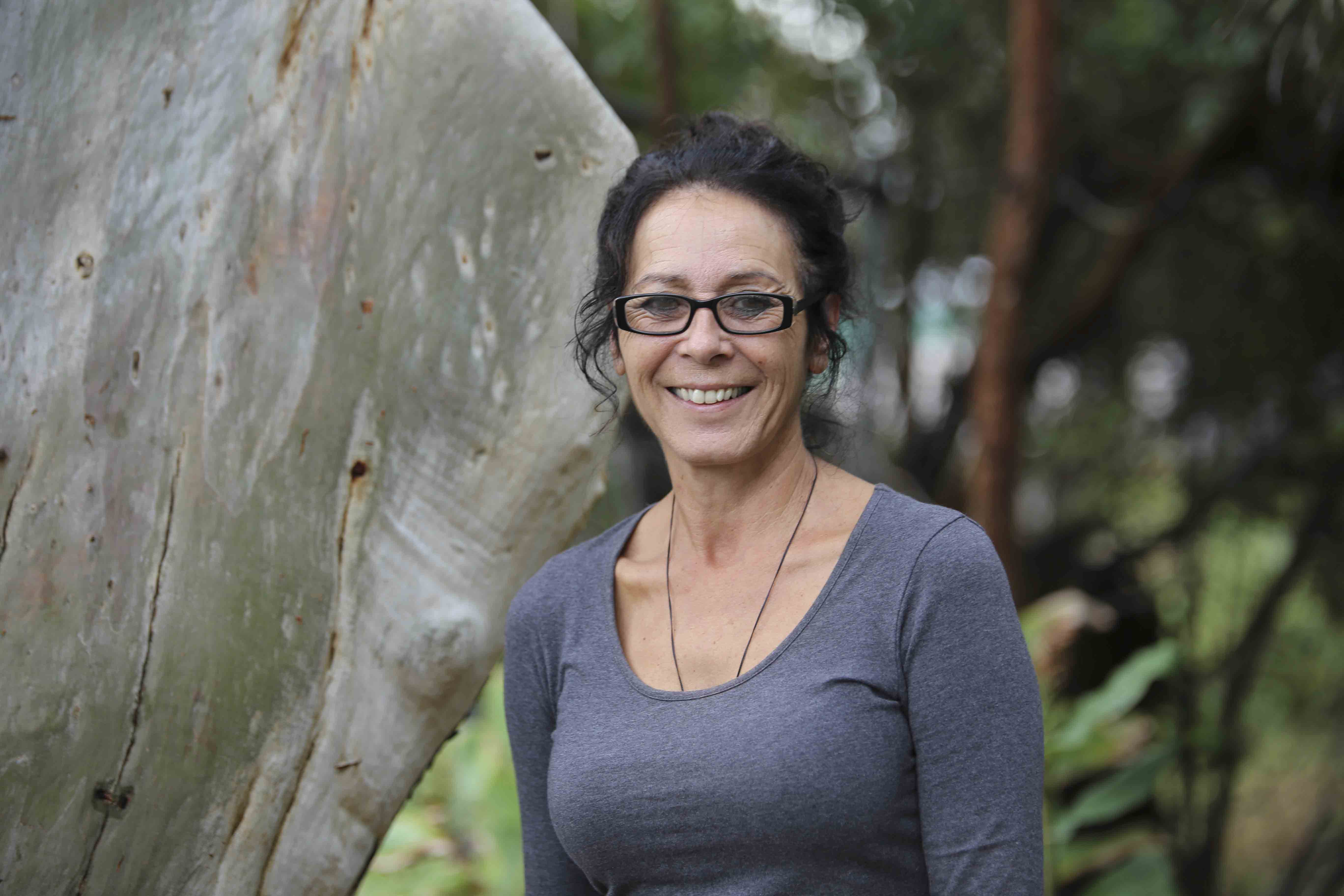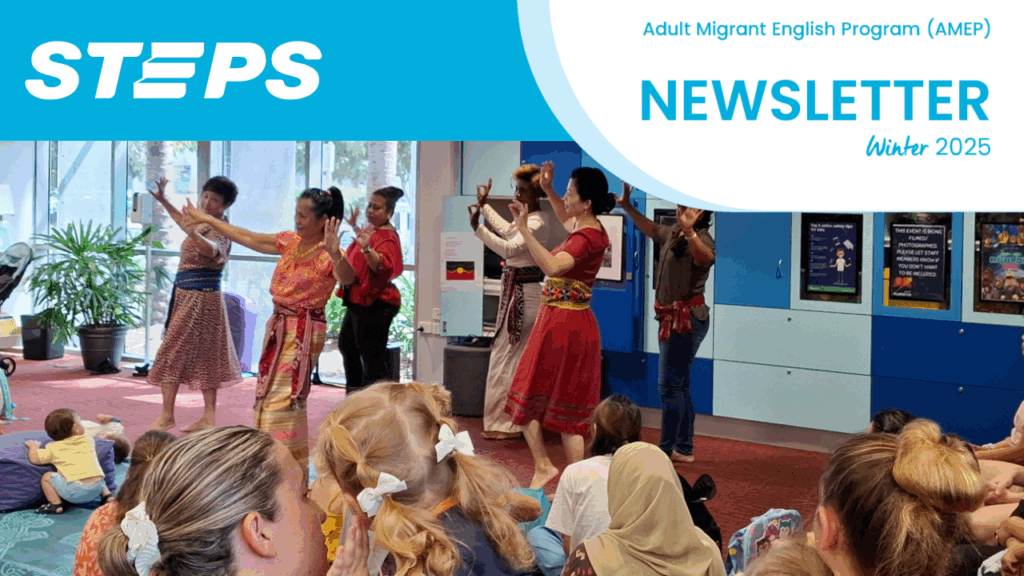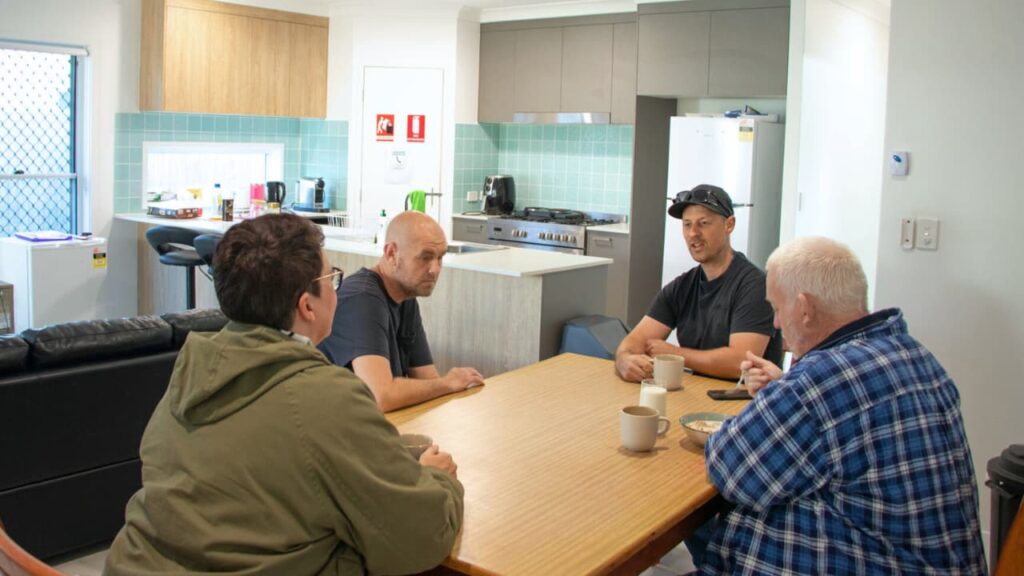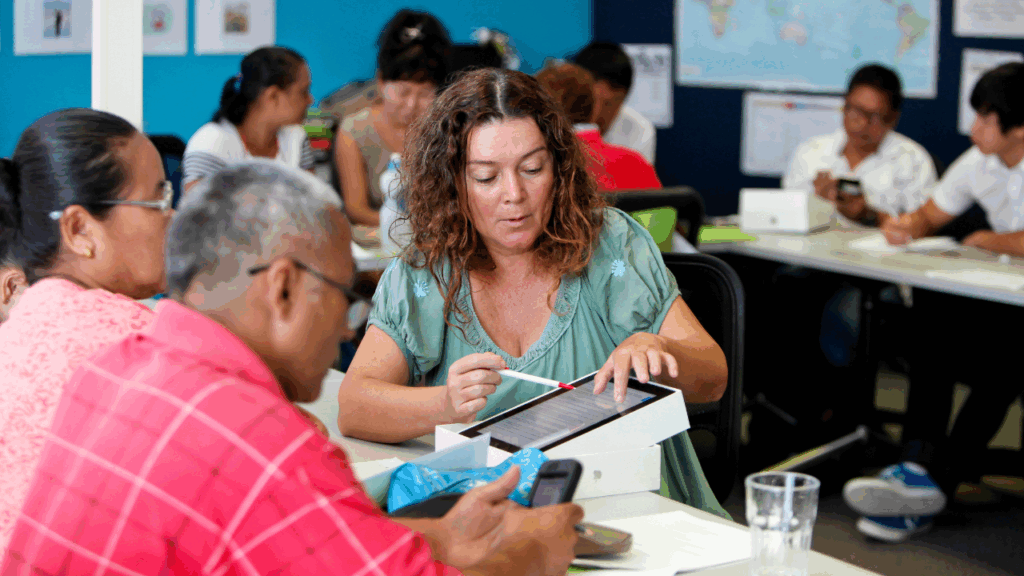Marianne Slade had no idea what she was in for when she left the comforts of her Gold Coast home in 2014 for sweltering Derby in far north west WA to work for STEPS as a literacy and numeracy trainer.
“It was so hot and humid when my husband and I arrived there in March 2014,” Marianne said.
“You’d be constantly sweating all the time and had to be in air conditioning as much as possible. I wasn’t used to being in that much heat all the time, but eventually adjusted.”
“I actually hadn’t met many aboriginal people before, so one of the first things I felt was that it was a totally different culture.”
About the students
All the students Marianne taught in Derby were indigenous men who were agriculture workers or held community jobs like mowing public areas and were ‘pretty easy going and didn’t fuss’.
“The students were always polite and seemed to be quite accepting of me being a stranger there,” she said.
After that group, Marianne worked with men on a building construction course and on a civil construction course working and diggers and excavators etc.
“I learned heaps about building because they were building a house and I was with them every day.”
Since her start in Derby Marianne has travelled to many remote parts of the country, often on very poor roads with little or no signage, over crocodile infested waters in the Northern Territory and out to cattle stations where the land is clear and flat as far as the eye can see.
“At Myroodah (north of Broome) there were always frogs in my toilet,” Marianne said.
“There is very limited mobile and internet at most the places I’ve worked too, but if you’re out on a station you really can do with out it because you’re normally there just two days.”
Animal life experiences
Another time Marianne stepped out of her donga type accommodation in rural Queensland and the entire ground outside was covered with green tree frogs everywhere she could see.
“There are often horses, cattle, kangaroos on the roads so you’ve always got to be prepared for wildlife,” she said.
“You could encounter all sorts of animal life like lizards, snakes, mozzies, frogs, crocodiles and dingoes.
“One time I was pulling into a station outside Port Douglas in far north Queensland and there was a HUGE bull right behind the fence next to the gate I had to open and drive through.
“There was no choice– I had to go through or be stuck there with no way to communicate, so I held my breath, kept an eye on his mood and moved very, very slowly to open the gate and drive past.”
Learning about Australia and culture
Going to many different places and learning ‘heaps’ about the unique culture of rural Australia is a big part of the job Marianne loves.
“There have been events I get to go to like mud crab and frog races, rodeos and just things that aren’t in the city,” she said
“It’s also giving me a better understanding of the Aboriginal culture because they’re the ones I’m teaching,”
“They’ve told me a lot about how they hunt and fish and it seems they all do it from little kids through to grown ups.
“They also love music and dancing and singing – at Derby there was a festival and older ladies were up and dancing which I loved watching.








